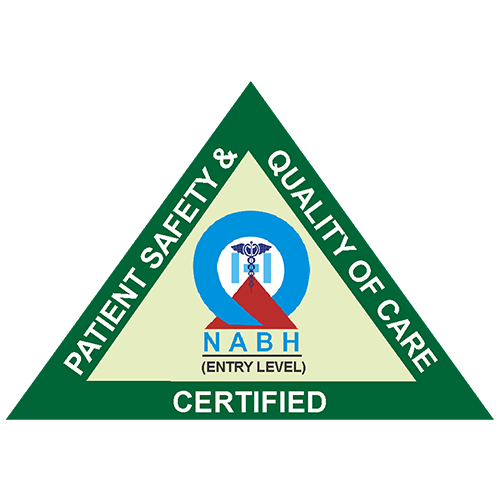Introduction:
Acute renal failure, also known as acute kidney injury (AKI), is a serious medical condition characterized by a sudden loss of kidney function. This condition requires prompt attention as it can lead to severe complications if left untreated. In this blog, we will explore the causes, symptoms, diagnosis, and treatment options for acute renal failure.
Causes of Acute Renal Failure:
- Decreased Blood Flow to the Kidneys – Conditions such as severe dehydration, heart failure, or a sudden drop in blood pressure can reduce blood flow to the kidneys, leading to acute renal failure.
- Direct Kidney Damage – Factors like infections, inflammation, and toxins can directly damage kidney tissues, impairing their function.
- Urinary Tract Obstruction – Blockages in the urinary tract, such as kidney stones or an enlarged prostate, can prevent the normal flow of urine and cause kidney damage.
Symptoms of Acute Renal Failure:
- Decreased Urination – One of the early signs is a significant reduction in urine output.
- Fluid Retention – Swelling in the legs, ankles, or face due to the body’s inability to eliminate excess fluids.
- Fatigue – General weakness and fatigue may be experienced.
- Shortness of Breath – Accumulation of fluids in the lungs can lead to difficulty breathing.
- Confusion – Buildup of toxins in the blood can affect brain function, causing confusion and drowsiness.
Diagnosis:
- Blood Tests – Elevated levels of creatinine and blood urea nitrogen (BUN) indicate kidney dysfunction.
- Urinalysis – Examination of urine can reveal abnormalities in color, concentration, and the presence of blood or protein.
- Imaging Studies – Ultrasound, CT scans, or MRI may be used to identify structural abnormalities or obstructions.
- Kidney Biopsy – In some cases, a small tissue sample may be taken for further examination.
Treatment:
- Addressing the Underlying Cause – Identifying and treating the root cause, whether it’s dehydration, infection, or obstruction, is crucial.
- Fluid Replacement – Intravenous fluids help restore adequate blood flow to the kidneys.
- Medications – Diuretics, blood pressure medications, and drugs to address specific underlying issues may be prescribed.
- Dialysis – In severe cases where the kidneys are unable to function adequately, dialysis may be required to remove excess waste and fluids from the body.
Prevention:
- Stay Hydrated – Proper hydration is essential to maintain kidney function.
- Control Blood Pressure – Managing hypertension reduces the risk of kidney damage.
- Regular Exercise – A healthy lifestyle, including regular exercise, supports overall kidney health.
- Avoid Nephrotoxic Substances – Limit exposure to medications or substances known to cause kidney damage.
Conclusion:
Acute renal failure is a critical condition that demands swift medical intervention. Recognizing the symptoms, seeking prompt medical attention, and addressing underlying causes are crucial for a successful recovery. A proactive approach to kidney health through lifestyle choices and regular medical check-ups can contribute to preventing the onset of acute renal failure.




